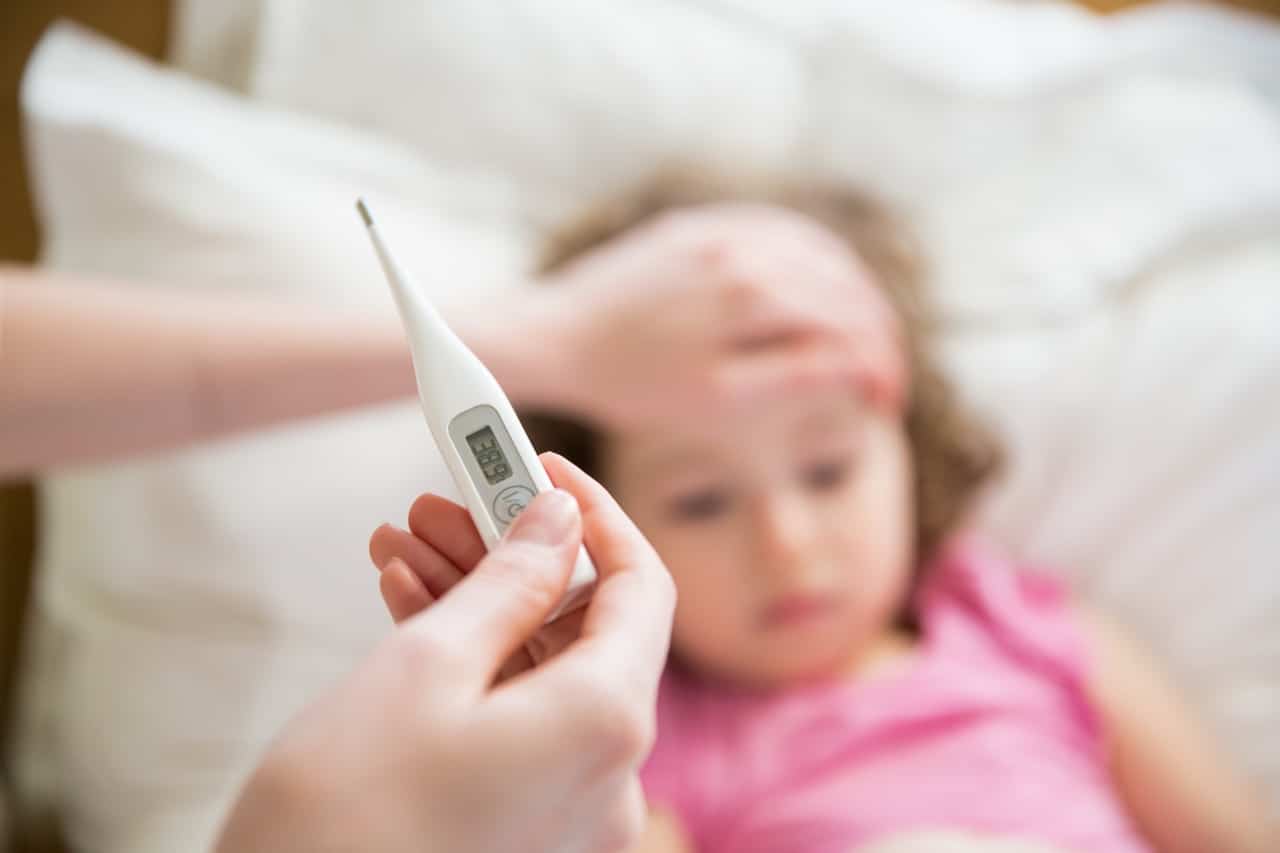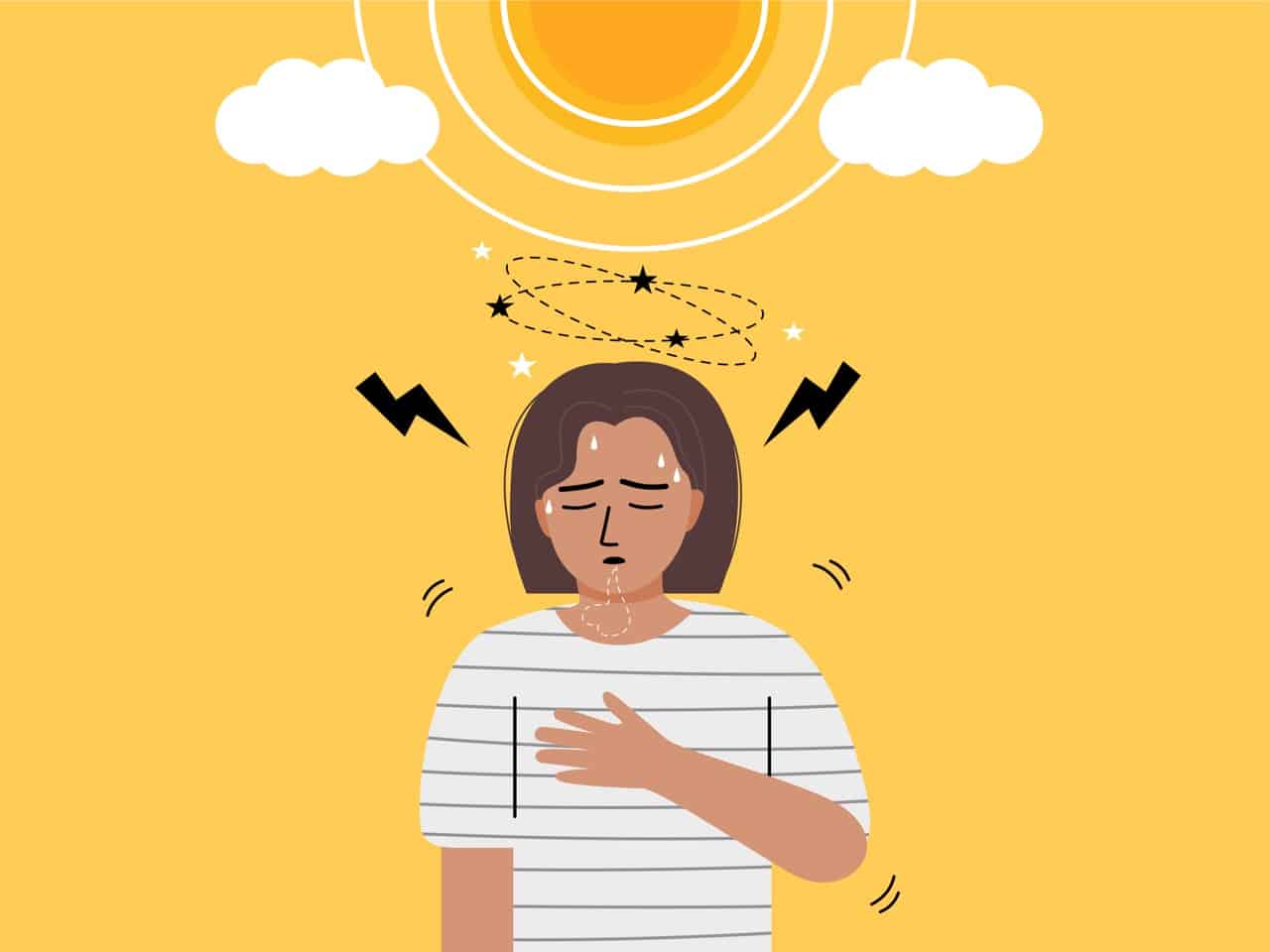Keeping Kids Healthy: Common Childhood Illnesses in Fall Explained
Fall brings beautiful weather and exciting activities for families, but it also brings more sniffles, coughs, and visits to urgent care centers. As temperatures drop and children return to school, parents notice an increase in respiratory symptoms and other health concerns. Understanding common childhood illnesses in fall helps families prepare for the busy season ahead.
The transition from summer to autumn creates perfect conditions for viruses and bacteria to spread among children. Cooler weather drives kids indoors where germs circulate more easily. School environments expose children to new pathogens while their immune systems adjust to seasonal changes.
At All Kidz Urgent Care in Torrance, we see many families seeking expert pediatric care during fall months. Our experienced team provides compassionate treatment when your child needs medical attention for seasonal illnesses.
Why Fall Brings More Childhood Illnesses
The seasonal shift from warm summer weather to cooler autumn temperatures creates several factors that increase illness rates among children. Kids spend more time indoors in enclosed spaces where respiratory viruses spread more easily from person to person. Air circulation decreases in homes and schools as windows stay closed and heating systems begin operating.
School exposure plays a major role in the spread of common childhood illnesses in fall. Children from different households gather in classrooms, sharing supplies, playing together, and breathing the same air. Their developing immune systems encounter new germs while adapting to schedule changes and increased academic demands.
Weakened immunity often occurs during seasonal transitions as bodies adjust to temperature changes and reduced sunlight exposure. Many children experience mild stress from returning to school routines, which can temporarily lower their resistance to infections. The combination of close contact with other children and changing environmental conditions creates ideal circumstances for fall illnesses in kids to develop and spread rapidly.
Cold, Flu, and Respiratory Illnesses in Fall
Understanding the differences between flu vs cold in kids helps parents recognize when their child needs medical attention. The flu is caused by the influenza virus, which is seen worldwide and has a seasonal cycle in temperate regions, typically starting in the fall and lasting through the spring. It leads to high fevers, coughing, body aches and other respiratory symptoms.
Cold symptoms typically develop gradually and include runny nose, mild cough, sneezing, and low-grade fever. Flu symptoms appear suddenly with high fever, severe body aches, headache, and extreme fatigue. Key differences include:
- Cold symptoms: Gradual onset, mild fever, runny nose, sneezing, mild cough
- Flu symptoms: Sudden onset, high fever, severe body aches, headache, extreme fatigue, dry cough
COVID-19 shares many symptoms with both colds and flu but may include loss of taste or smell. Seasonal influenza activity remains elevated and continues to increase across the country. Parents should monitor symptoms closely and seek urgent care evaluation when children develop concerning respiratory symptoms that interfere with eating, sleeping, or breathing comfortably.
RSV and COVID-19: What Parents Need to Know
Respiratory syncytial virus (RSV) and COVID-19 present overlapping symptoms with common colds and flu, making accurate diagnosis challenging for parents. Both infections can cause fever, cough, runny nose, and breathing difficulties in children. Professional medical evaluation helps distinguish between these respiratory illnesses and determine appropriate treatment plans.
RSV poses particular risks for babies and toddlers under two years of age. The virus can cause severe breathing problems, especially in premature infants or children with underlying health conditions. Young children may develop bronchiolitis, a serious lower respiratory infection that requires immediate medical attention.
COVID symptoms in 2025 kids continue evolving as new variants emerge. Current strains often cause mild cold-like symptoms in healthy children but can lead to complications in some cases. Common childhood illnesses in fall now include COVID-19 as an ongoing concern requiring the same careful monitoring as other respiratory infections. Parents should stay updated on current variant symptoms and follow public health guidance for testing and isolation when symptoms appear.
Other Common Fall Illnesses in Children
Beyond respiratory viruses, several other conditions frequently affect children during autumn months. Strep throat in kids becomes more common as school activities increase close contact between students. This bacterial infection causes sudden onset of severe sore throat, difficulty swallowing, and high fever without typical cold symptoms like runny nose.
Fall ear infections often develop following respiratory illnesses when congestion blocks the eustachian tubes connecting the middle ear to the throat. Children may experience ear pain, difficulty hearing, or drainage from the affected ear. Young children who cannot verbalize their discomfort may become unusually fussy or pull at their ears.
Sinus infections represent another seasonal concern as allergies to falling leaves and increased indoor allergens cause nasal congestion. When sinuses become blocked and infected, children develop facial pressure, headache, thick nasal discharge, and persistent cough. These infections may require antibiotic treatment when symptoms persist longer than expected for typical cold recovery.
When to Visit Urgent Care vs ER for Fall Illnesses
Knowing when to seek urgent care for kids versus emergency room treatment helps families get appropriate care efficiently. Most fall respiratory illnesses can be effectively managed at pediatric urgent care facilities that specialize in treating children’s health concerns with shorter wait times than hospital emergency departments.
Urgent care provides excellent treatment for mild to moderate flu symptoms, persistent colds, ear infections, strep throat, and fever management in children over three months old. Pediatric urgent care Torrance locations like All Kidz Urgent Care offer specialized equipment and expertise for evaluating children’s respiratory symptoms and providing age-appropriate treatments.
Emergency room care becomes necessary for severe breathing difficulties, dehydration, high fever in infants under three months, or when children appear extremely ill. Consider these guidelines:
- Urgent Care: Mild flu, persistent cold, earache, strep throat, fever over 100.4°F in children over 3 months
- Emergency Room: Difficulty breathing, dehydration, high fever in infants under 3 months, blue lips or fingernails, severe lethargy
5 Prevention Tips for Parents This Fall
Preventing common childhood illnesses in fall requires consistent attention to proven health strategies that strengthen immunity and reduce exposure to harmful germs. Simple daily habits can significantly decrease your family’s risk of developing respiratory infections and other seasonal health concerns.
Here are essential fall health tips for kids that every parent should implement:
- Get vaccinations including flu and COVID boosters – Annual influenza vaccines provide the strongest protection against seasonal flu strains. COVID-19 boosters help maintain immunity against current variants.
- Practice frequent handwashing and sanitize toys regularly – Proper hand hygiene remains the most effective way to prevent transmission of respiratory viruses and bacterial infections.
- Keep sick children home from school and activities – Staying home when symptomatic prevents spreading illness to classmates and allows proper rest for recovery.
- Maintain balanced nutrition and proper hydration – Healthy foods rich in vitamins and minerals support immune system function while adequate fluid intake helps the body fight infections.
- Ensure good sleep and regular exercise – Quality rest and physical activity strengthen natural immunity and help children resist seasonal illnesses more effectively.
Comfort Care at Home for Sick Kids
When children develop mild symptoms of common childhood illnesses in fall, appropriate home care for sick child can provide comfort while supporting natural recovery. Warm fluids like herbal tea, broth, or warm water with honey (for children over one year) help soothe sore throats and maintain hydration during illness.
Rest remains the most important treatment for most viral infections. Create a comfortable environment with soft lighting, favorite blankets, and quiet activities. Humidifiers add moisture to dry indoor air, helping loosen congestion and ease breathing difficulties. Children cold remedies should focus on comfort measures rather than medications when possible.
Over-the-counter medications should only be used as directed by healthcare providers and according to age-appropriate dosing guidelines. Never give aspirin to children under 18 due to risk of serious complications. Parents should feel confident providing gentle supportive care while monitoring symptoms for any concerning changes that warrant professional evaluation.
Visit All Kidz Urgent Care for Pediatric Care This Fall
When your child develops concerning symptoms from common childhood illnesses in fall, expert pediatric care provides peace of mind and effective treatment. At All Kidz Urgent Care, our board-certified pediatrician Dr. Sara Dhillon and experienced team understand how seasonal illnesses affect children and families in the South Bay community.
Our child-friendly urgent care center offers specialized pediatric evaluation and treatment without the long waits of hospital emergency rooms. From respiratory symptoms to ear infections and strep throat, we provide compassionate care tailored to your child’s specific needs during fall illness season.
Visit us at: 2927 Rolling Hills Road, Torrance, CA 90505
Call us: +1 310-292-0054
Email: contactus@allkidzurgentcare.com




